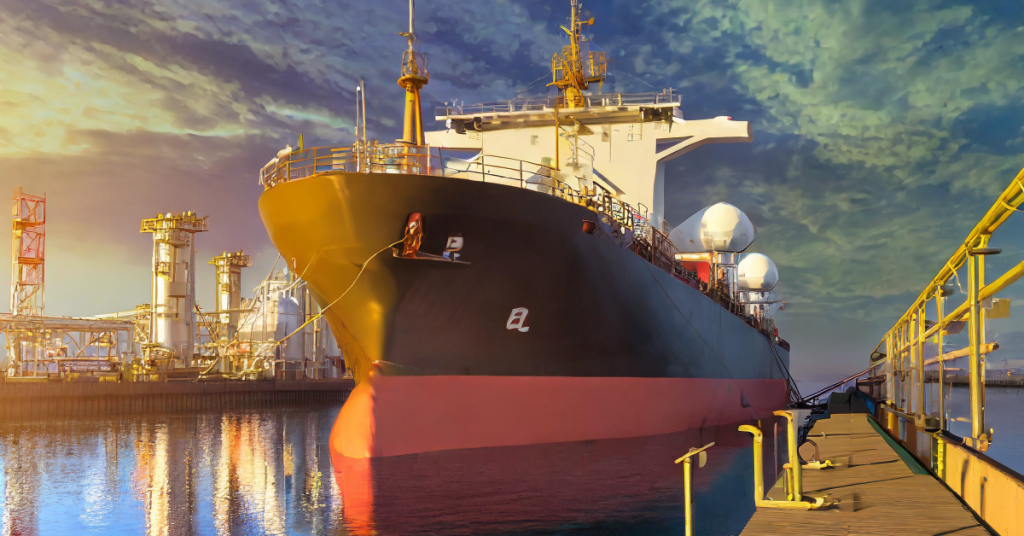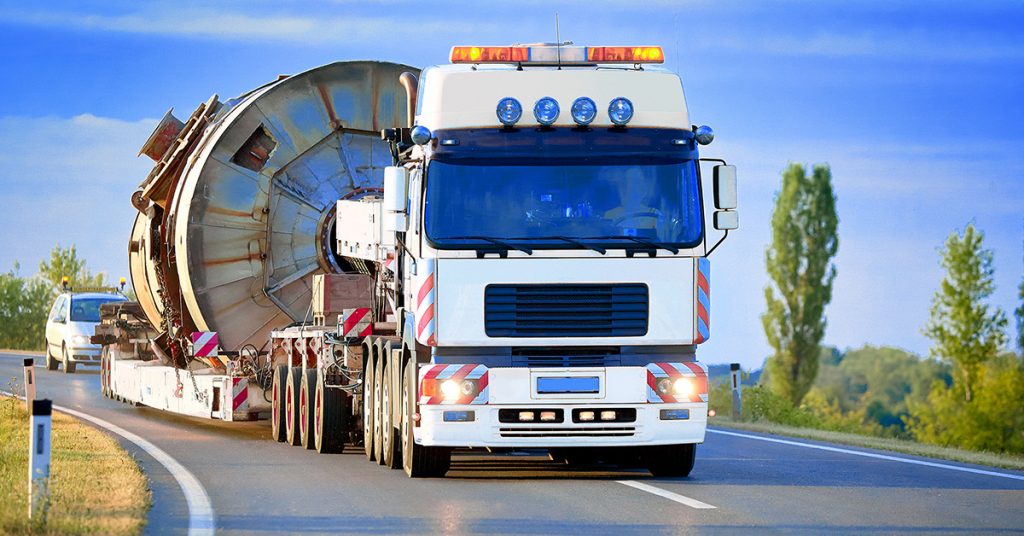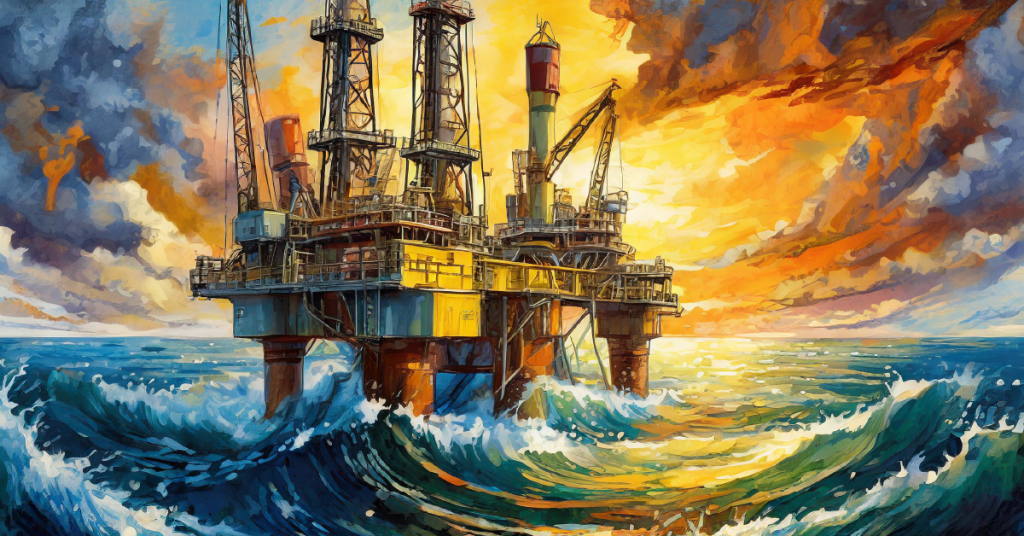Intensive Trainings

- This event has passed.
API 650 & 653 Tank Design, Maintenance & Evaluation
18th August 2014
Overview
API 650 covers material, design, fabrication, erection, and testing requirements for aboveground, vertical, cylindrical, closed- and open-top, welded steel storage tanks in various sizes and capacities. API 650 applies to tanks with internal pressures approximating atmospheric pressure, but higher pressure is permitted when additional requirements are met. This standard applies only to tanks whose entire bottoms are uniformly supported and in non-refrigerated service with a maximum operating temperature of 90 C [200 F].
API 653 provides a standard for inspection, repair, alteration, evaluation and reconstruction of tankage. The standard provides guidance on brittle fracture considerations, maintenance procedures such as tank hot taps, evaluation of out of roundness and more.
Who Should Attend
The course is designed for petroleum or other industry personnel, suppliers, or subcontractors responsible for the design, construction, inspection, maintenance, regulatory compliance, or operation of API above ground storage tanks. The session will provide a comprehensive overview of the relevant standards for new construction and existing tank inspection, repair, alteration and maintenance, highlighting the most recent revisions and upcoming changes. Emphasis will also be placed on essential storage tank technology not covered by the standards.
The information will benefit designers, operators and managers who are pursuing the top performance of established technologies in the most cost-effective manner. All appropriate technologies will be presented.
Why You Should Attend
This three day course will provide an intensive overview of the API 650 Welded Steel Tanks for Oil Storage and API 653 Tank Inspection, Repair, Alteration, and Reconstruction.
Key Learning Points:
- Main concepts and technical content of API 650 and API 653
- Learn material property considerations and acceptable specification
- Apply mechanical design requirements
- Understand fabrication details
- Apply inspection and testing requirements
- Determine vents and fire protection systems
- Prioritse tank inspectins
- Perform tank component evaluation
- Considerations in tank repair and alteration
- Oversee dismantling and reconstruction



